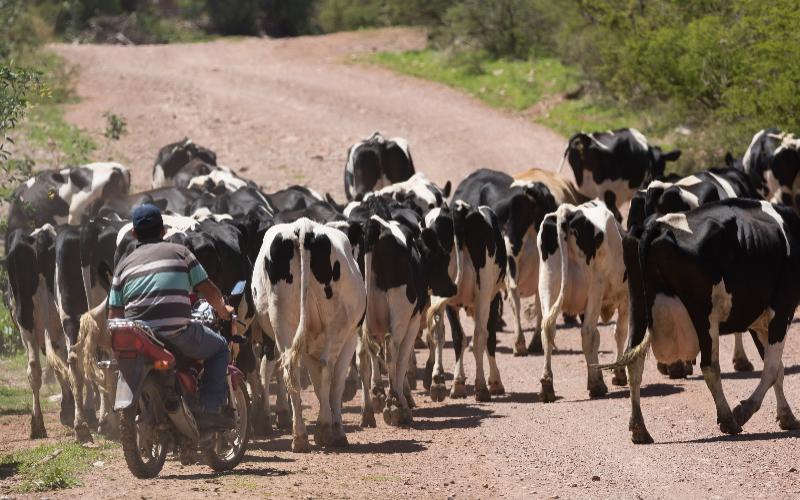The Dairy Crisis: The Struggle of Puebla's Producers
Sourse: mx.edairynews.com
The dairy sector in Puebla is being severely impacted by a deep financial crisis caused primarily by unfair prices paid to producers and the distortive effect of stockpiling by a few dominant players. Local farmers are forced to sell raw milk below its real production cost, jeopardizing the sustainability of small and medium-sized dairy farms in the region.

According to dairy economy analysts, this situation exemplifies failures in the value chain, where lack of fair competition penalizes the primary producers. More troubling is the issue of stockpiling, which distorts real demand and allows middlemen and large processors to set purchasing prices at unreasonably low levels, forcibly leveraging the perishable nature of raw milk to pressure farmers.
Consequently, farm gate prices hardly cover operational costs, leaving no room for profit. This profit squeeze prevents farmers fr om investing in genetic improvement, infrastructure, or technology. The lack of adequate storage infrastructure and a shortage of processing centers purchasing directly from local producers add to this vulnerability. With limited commercial options, farmers face the imposition of conditions by wholesale buyers. In response, dairy organizations are urgently calling on authorities to establish regulatory mechanisms and reference pricing to ensure a fairer distribution of value throughout the dairy chain.
This pricing issue transcends Puebla, echoing challenges encountered by many dairy producers across Latin America, wh ere unfair competition and the influence of a few dominating players in milk industrialization suffocate family productions. Long-term solutions require the promotion of cooperatives and vertical integration to enable farmers to engage directly in processing and marketing, thereby reclaiming control over their product’s value. In summary, Puebla's dairy sector crisis demands immediate attention. Combating unfair prices and stockpiling is critical for farm survival and regional food security. Market stability and producer profitability can only be achieved through regulatory interventions and strengthening farmers' negotiating capacities.
Consequently, farm gate prices hardly cover operational costs, leaving no room for profit. This profit squeeze prevents farmers fr om investing in genetic improvement, infrastructure, or technology. The lack of adequate storage infrastructure and a shortage of processing centers purchasing directly from local producers add to this vulnerability. With limited commercial options, farmers face the imposition of conditions by wholesale buyers. In response, dairy organizations are urgently calling on authorities to establish regulatory mechanisms and reference pricing to ensure a fairer distribution of value throughout the dairy chain.
This pricing issue transcends Puebla, echoing challenges encountered by many dairy producers across Latin America, wh ere unfair competition and the influence of a few dominating players in milk industrialization suffocate family productions. Long-term solutions require the promotion of cooperatives and vertical integration to enable farmers to engage directly in processing and marketing, thereby reclaiming control over their product’s value. In summary, Puebla's dairy sector crisis demands immediate attention. Combating unfair prices and stockpiling is critical for farm survival and regional food security. Market stability and producer profitability can only be achieved through regulatory interventions and strengthening farmers' negotiating capacities.
Key News of the Week










